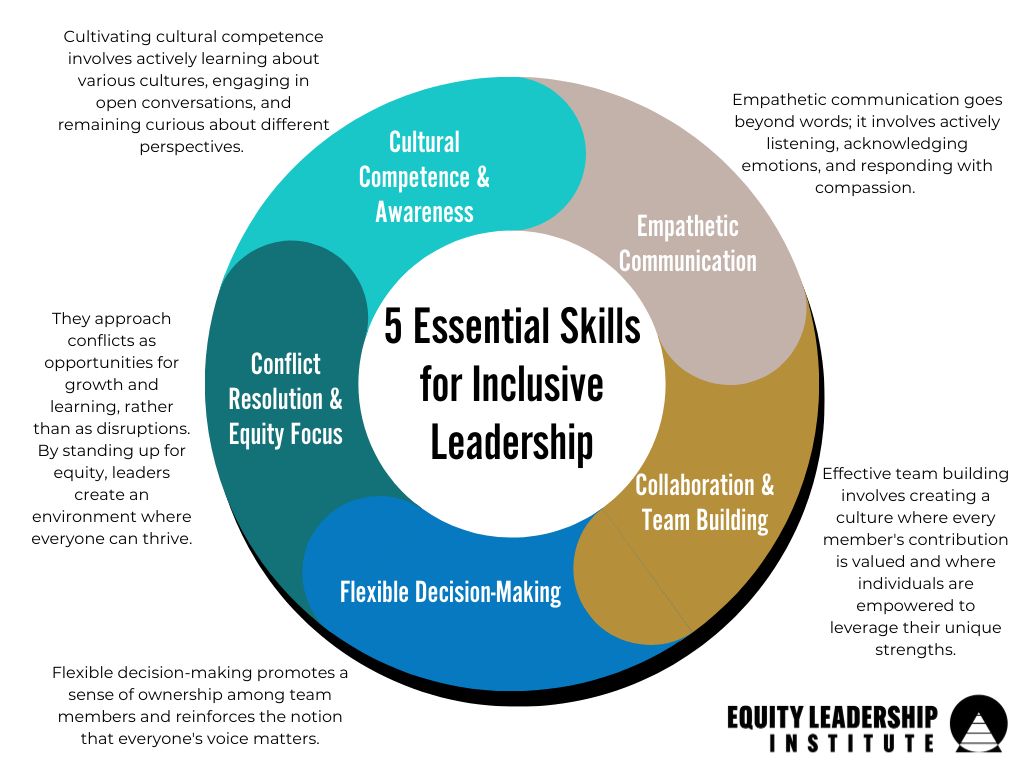This is not an opinion; this is the outcome of a Maslow Research Center study, supported by a Mitacs research grant, with St. Mary University’s Organizational Psychology Department.
The rules of engagement at work are changing. We have a new social contract on what work means. What employees need from the workplace is changing. And inclusion is one of the critical topics all people leaders/managers need to figure out better.
Many leaders roll their eyes when they hear inclusion because they are asked to do it and have not been adequately trained on it!
➡️ Inclusion is a complex topic.
Some of you know my passion (and previous posts) for complexity. Complex issues are multifaceted. They are dilemmas; they don’t have a single solution or best practice.
Inclusion is like strategy or culture. It needs the right mindsets, habits, approaches, and toolkits. Here is a framework for Inclusive Leadership.
🔵 Empathetic Communication – Empathatic communication goes beyond words; it’s about learning to listen to the voice, the tone, the pauses, and the emotions and asking questions and listening to understand. This applied empathy. Most people know about empathy but don’t practice the empathy muscles (a.k.a. Mirror neurons).
🔵 Collaboration & Team Building – Effective team building involves creating a culture where every member’s contribution is valued and individuals are empowered to use their strengths.
🔵 Flexible / Inclusive Decision Making – Many confuse consensus and consultation.
Flexible, inclusive decision-making is not about consensus but collaboration. Inclusive decision-making promotes ownership among team members and reinforces the notion that everyone’s voice matters.
🔵 Conflict Resolution & Equity Focus – When conflicts are managed with the growth mindset, learner mindset, and paradox mindset (see post on these mindsets in the comments), they become learning opportunities. Bringing equity into conflict resolution builds an environment of psychological safety and thriving at work.
🔵 Cultural Competence & Awareness – involves actively learning about other cultures, engaging in open conversations, and remaining curious about different perspectives.

